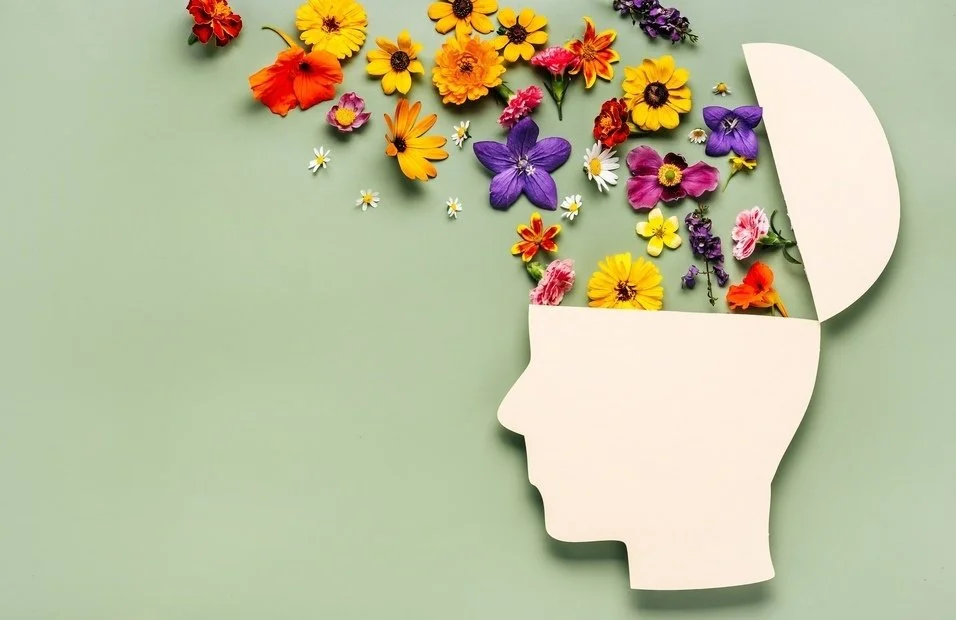How Do I know If My Teen Needs Therapy?
As a parent of a teenager it can be hard to tell at times what is considered “normal” versus when your teen needs the extra support of a specialist. Mental illness during adolescence is actually much more prevalent that most parents think. It is because during this time in your child’s development the first signs of mental health issues, often times hereditary, start to emerge. Some of the most common mental health disorders that can appear around the time of adolescence are Depression, Anxiety, Bipolar Disorder, Substance Use Disorder, Borderline Personality Disorder, Post-Traumatic Stress Disorder (PTSD), Disruptive Mood Dysregulation Disorder, Autism Spectrum Disorder and Attention Deficit Hyperactivity Disorder (ADHD). However, because it takes extensive experience and training to understand, diagnose and treat these disorders, most parents can’t put their finger on any one cause, let alone a solution.
The Teenage Brain
We now know so much more than we used to about the teenage brain, development and mental health than we ever have before. We now understand the human brain is still actively forming up until the age of 26, with the pre-frontal cortex (the part of the brain responsible for decision-making and executive functioning) being the last part of the brain to fully develop. This explains why teenagers often engage in risky and sometimes unreasonable ways- they are working with a brain that hasn’t finished developing!
Early Intervention is Key
Clinicians can diagnose, create treatment plans and use evidence-based interventions that really work, allowing teens to thrive. The key for parents and teens is knowing the signs of mental health conditions to be able to intervene early when support is needed. Some of the most common mental health symptoms to look for in your teenager include:
Not spending time with friends and not engaging in social activities.
Having a difficult time relating to other people or understanding social expectations.
Notable changes in sleeping habits, appearing or complaining of feeling tired and having low energy
Changes in eating habits, which includes an increase or decrease (or lack of) appetite. Can also include the use of laxatives and/or throwing up after meals.
Severe out-of-control risk taking behaviors, such as experimentation with drugs, drinking or unprotected sex with multiple partners, if sexually active.
Difficulty perceiving reality. This might appear as delusions or hallucinations, in which your teen senses and experiences things that don’t exist.
Mood changes- this is a tough one with teens, but look for consistent sadness and withdrawal that last at least two weeks. Another sign is severe mood swings, which can impact relationships at school or at home.
Intense feelings- this is another common one for teens. Be on the lookout for overwhelming fear that you are unable to explain. If your teen is experiencing a panic attack you might notice fast breathing or your teen might report feeling like their heart is racing.
Behavioral changes such as frequent disobedience, fighting or aggression towards themselves and/or others.
Difficulty concentrating- this is often first noticed when academics suffer. Speaking with a school counselor or teacher may be helpful to gain clarity.
Numerous physical symptoms- sometimes mental health conditions can manifest in teens as headaches, chronic pain and stomachaches and can sometimes be misdiagnosed as- or confused with- fibromyalgia.
Physical harm- self-injury/self-harm. Your teen may be choosing to deliberately harm themselves as a means of soothing emotional pain. This can present as cutting or burning oneself.
Suicidal thoughts or attempts.
Getting Your Teen Support
For most teenagers, sharing their feelings with their parents or any adults can be challenging. They may not be willing to express how they feel or share what is concerning them, even though you notice changes in their mood and behavior. The first step is to identify an adult who your teen feels comfortable opening up to. Establishing someone in their life who can be trusted and whom they can have a meaningful conversation with is important in working with your teen to get support.
For more information regarding the warning signs of mental health issues in teens visit NAMI (nami.org) or to speak directly with one of our knowledgeable clinicians about your teen please click here. We are here to provide expert support and guidance for you and your loved one.






